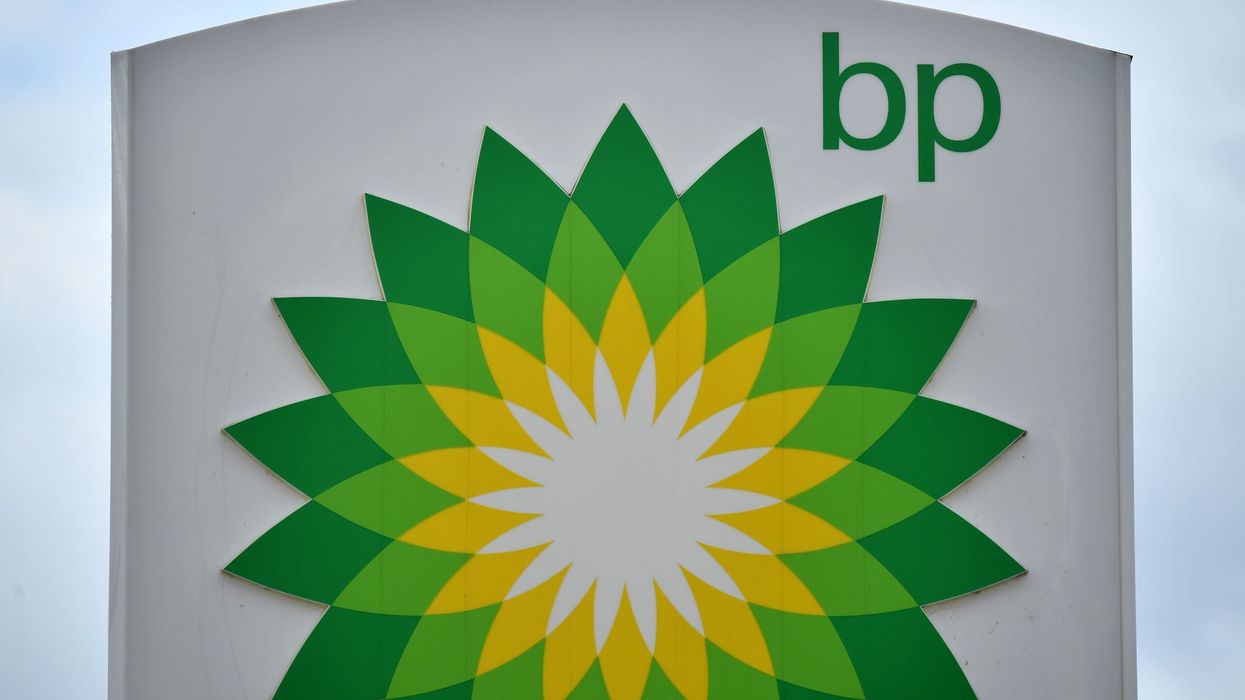British energy giant BP reported a significant downturn in its net profit for the first quarter, attributing the decline to a drop in gas prices compared to the corresponding period last year.
According to BP's latest financial statement released on Tuesday, profit after tax plummeted by a staggering 72 per cent, sliding from £6.56 billion to £1.84 billion. This substantial decrease in profit was further accentuated by a 13 percent reduction in total revenue, which now stands at £39.12 billion.
In response to these challenging market conditions, BP unveiled plans to implement cost-saving measures, targeting "at least" £1.6 billion in savings by the end of 2026. Murray Auchincloss, BP's chief executive, emphasised the company's commitment to streamlining operations, stating, "We are simplifying and reducing complexity across BP."
Auchincloss, a seasoned BP executive, assumed the role of CEO in January following the departure of Bernard Looney, who was removed from his position over undisclosed past relationships with colleagues.
The downward trend in profitability is not unique to BP, as its industry counterpart, Shell, also experienced a decline in net profit, which dipped by 15 per cent to £5.92 billion during the same period. The root cause of this decline can be traced back to the significant decrease in gas prices that ensued following the Russia-Ukraine conflict in 2022.
Despite the challenging market dynamics, BP remains committed to rewarding its shareholders. The company announced plans for dividend payments and share buybacks totaling £1.4 billion, demonstrating its ability to distribute capital even in a lower pricing environment. Derren Nathan, head of equity research at Hargreaves Lansdown, commended BP's proactive approach, noting, "BP's proving it can splash the cash to shareholders even in a lower pricing environment."
In addition to shareholder rewards, BP is actively pursuing avenues to mitigate the impact of lower prices. The company aims to offset the effects through increased production and cost-saving initiatives. These efforts include various changes such as digital optimisation and supply chain enhancements. Despite these measures, BP's underlying replacement cost profit stood at £2.16 billion for the first quarter, falling short of analysts' expectations, which were closer to £2.32 billion.
The announcement of BP's financial results elicited mixed reactions from investors. In early London trading, shares in the group experienced a marginal decline of 0.6 per cent, reversing a slight gain at the open.
Victoria Scholar, head of investment at Interactive Investor, highlighted the disparity between BP and its US counterparts in terms of emphasis on green energy transition. Scholar noted, "On top of that, compared to its US rivals, BP has put a much greater emphasis on the green energy transition and unfortunately BP has suffered as a consequence."
While BP navigates the complexities of the energy market, environmentalists have raised concerns regarding the company's priorities. Alice Harrison, head of fossil fuel campaigns at Global Witness, criticised BP's allocation of resources, stating that the company appears more focused on enriching shareholders than addressing pressing issues such as high energy prices and climate change. Harrison remarked, "BP was more interested in 'making the rich richer' than helping to 'ease the burden of high bills or support countries suffering from the climate crisis'."
(AFP)





